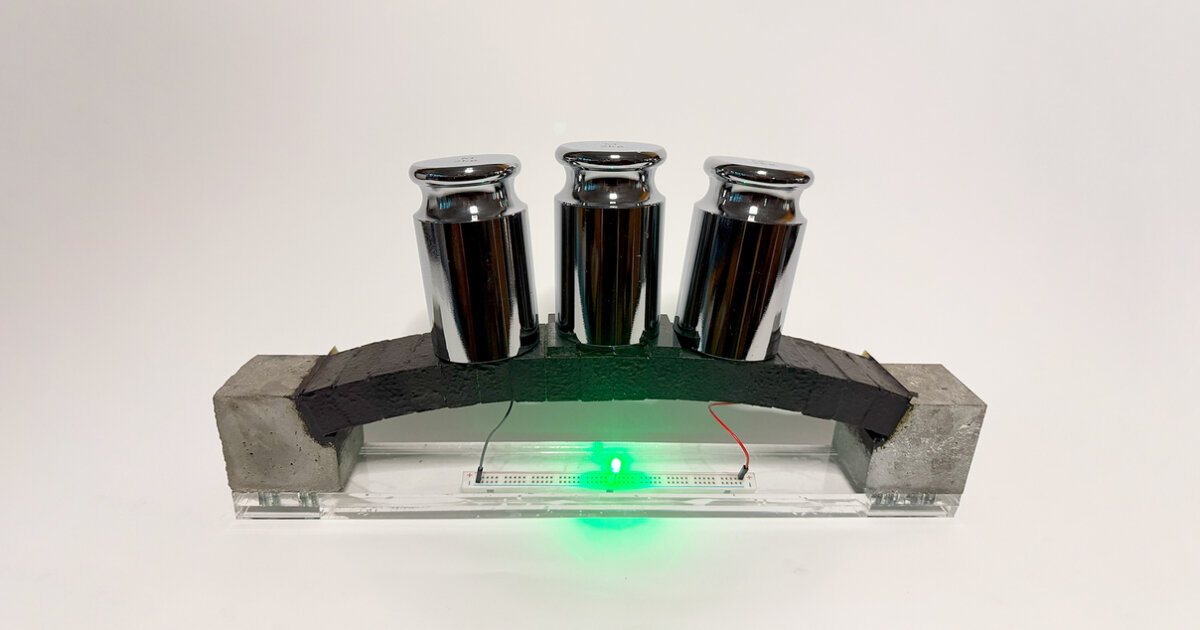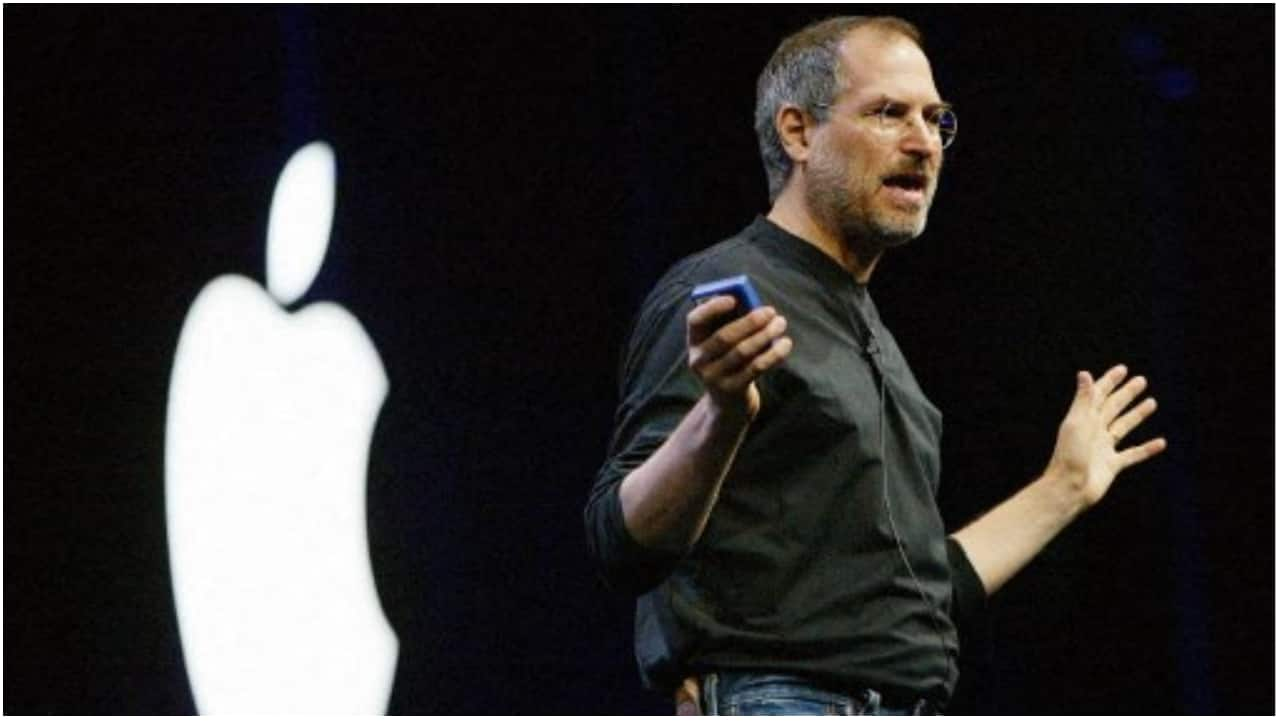Is Your iPhone Putting Lives at Risk? Shocking Emergency Response Delays Revealed!

Imagine dialing emergency services in a crisis, only to discover that your iPhone might be hindering swift help. A recent chilling incident in Seoul has unveiled a shocking truth: Apple iPhones reveal users' locations significantly slower than Android devices, potentially jeopardizing lives in urgent situations.
This revelation comes from a tragic murder case on September 3rd at a pizza restaurant in Gwanak District. A man armed with a kitchen knife attacked three individuals, including a 49-year-old employee and two contractors, a father and daughter duo aged 60 and 32. Amidst the chaos, the crucial minutes spent waiting for police assistance could have made all the difference.
Insights from the Korea Communications Commission, shared by People Power Party Rep. Kim Jang-kyom, highlight a stark contrast in how Apple and Android devices communicate location information. While Android phones can transmit locations within seconds using cell towers, GPS, and Wi-Fi, iPhones operate on a proprietary system named HELO, sharing user locations only during emergency calls or for a brief five minutes after the call ends.
In tests conducted earlier this year, Android devices showcased impressive speed, averaging response times of 1.3 seconds via cell towers, 1.7 seconds via GPS, and 2.4 seconds via Wi-Fi. In stark contrast, iPhones lagged with an average wait of a staggering 20 seconds. Apple claims this delay is due to additional calculations for data accuracy, but critics argue that any delay in emergencies can be fatal, especially if the caller is moving.
The Korea Communications Commission has called upon Apple to enhance their emergency response system, yet the company remains steadfast in its policies, citing user privacy concerns. Unfortunately, this decision has significant repercussions, as in urban settings, police often rely on Wi-Fi signals to pinpoint a caller's location. But due to Apple’s restrictions, detectives faced frustrating delays in the Gwanak murder case, failing to receive signals from the iPhone, which extended the time taken to reach the victims.
In this instance, officers arrived within three minutes after the call but spent an agonizing 15 additional minutes searching for the exact address. The delay highlights a critical need for Apple to reevaluate the efficiency of their emergency location-sharing capabilities.


























